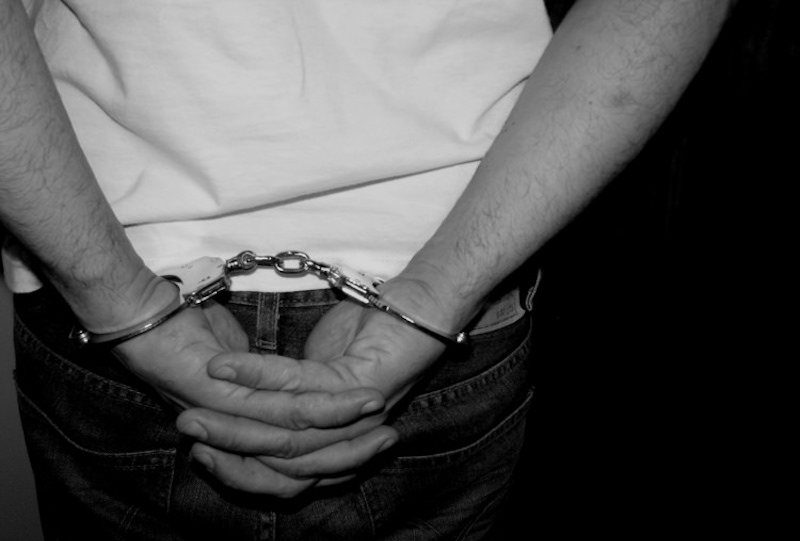The Information and Electronic Transactions Act (UU ITE) has often been criticized as a tool used by those in power to silence criticism against them. Last year, it was used more times than ever before against journalists and the media, according to a new report.
SAFEnet, an NGO that works to protect freedom of speech in Indonesia, yesterday released a report highlighting a rise in UU ITE accusations against Indonesian journalists and media outlets in 2018.
Laporan SAFEnet atas Pelanggaran Hak-hak Digital Jurnalis dan Media di Indonesia 2018.https://t.co/h1tMbfXR0C pic.twitter.com/96GHuHTWm4
— SAFEnet | Southeast Asia Freedom of Expression Net (@safenetvoice) January 10, 2019
In the report, SAFEnet recorded three defamation charges, based on UU ITE, filed against journalists and five more against the publications they work for in 2018. According to the NGO, that’s the highest number in a single year, two more than the next highest year, 2016, and five more than in 2017.
In one notable case, a journalist named Muhammad Yusuf became a criminal suspect after he was reported to the police for defamation by a palm oil company for writing 23 articles about the company’s land use conflict with locals in South Kalimantan. Yusuf died while in police custody after complaining of chest pains and vomiting.
In another case, a university rector reported five media outlets to the police for publishing articles alleging his involvement in election fraud at his institution. The police investigated some of the publications’ editors but later upheld press freedom principles and dropped the charges.
SAFEnet noted that UU ITE was also used to threaten journalists and the media on numerous occasions in 2018, even if those incidents did not formally lead to criminal charges. One notable incident was when members of hardline group Islamic Defenders Front (FPI) demanded Tempo apologize for a political cartoon depicting their leader, Rizieq Shihab, who was a fugitive pornography suspect at the time.
Also read: Silencing the critics: The 5 most outrageous and ridiculous cases of UU ITE violations
In the report, SAFEnet called on the state and authorities to do more to uphold press freedom, which is guaranteed in the country’s constitution, as well as erase ambiguously worded articles within UU ITE that could be used to criminalize journalists.




